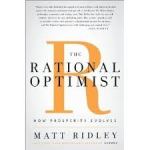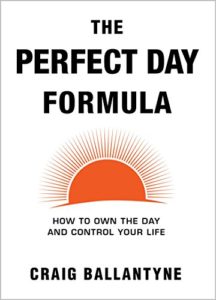
Most people are stuck. Every day we seem to just go through the motions, following our usual routine without ever stopping and thinking why we do what we do, or what we’d rather be doing instead. But sometimes, we have that one day – that Perfect Day – where everything just clicks. We feel great. We are unstoppable. And at the end of it we think, “Why can’t every day be like this?”
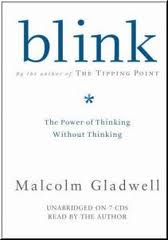
Blink is a book about how we think without thinking, about choices that seem to be made in an instant–in the blink of an eye–that actually aren’t as simple as they seem. Why are some people brilliant decision makers, while others are consistently inept? Why do some people follow their instincts and win, while others end up stumbling into error? How do our brains really work–in the office, in the classroom, in the kitchen, and in the bedroom? And why are the best decisions often those that are impossible to explain to others?

Just because you don’t feel like an adult doesn’t mean you can’t act like one. And it all begins with this funny, wise, and useful book. Based on Kelly Williams Brown’s popular blog, Adulting, makes the scary, confusing “real world” approachable, manageable — and even conquerable.
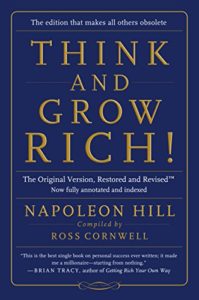
Unlike most versions of Napoleon Hill’s famous book, this edition restores his masterpiece to its original form and intent. It includes essential material on how to thrive in challenging economic times that was taken out of later versions but is incredibly relevant today.
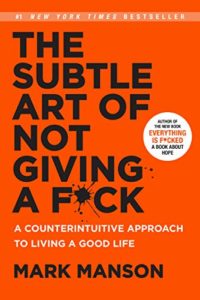
In this generation-defining self-help guide, a superstar blogger cuts through the crap to show us how to stop trying to be “positive” all the time so that we can truly become better, happier people.
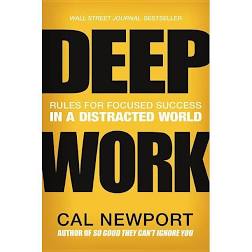
Deep work is the ability to focus without distraction on a cognitively demanding task. It’s a skill that allows you to quickly master complicated information and produce better results in less time. Deep Work will make you better at what you do and provide the sense of true fulfillment that comes from craftsmanship.
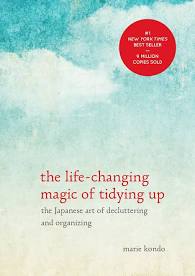
Japanese cleaning consultant Marie Kondo takes tidying to a whole new level, promising that if you properly simplify and organize your home once, you’ll never have to do it again. Most methods advocate a room-by-room or little-by-little approach, which doom you to pick away at your piles of stuff forever. The KonMari Method, with its revolutionary category-by-category system, leads to lasting results.
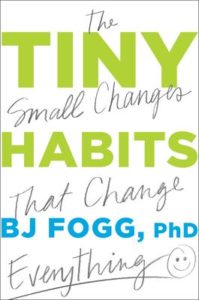
When it comes to change, TINY IS MIGHTY. Start with two pushups a day, not a two-hour workout; or five deep breaths each morning rather than an hour of meditation. In TINY HABITS, B.J. Fogg brings his experience coaching more than 40,000 people to help you lose weight, de-stress, sleep better, or achieve any goal of your choice.
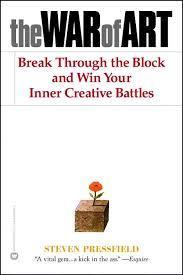
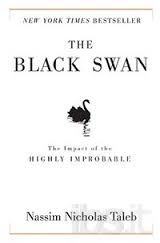
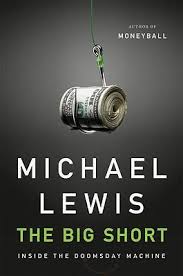
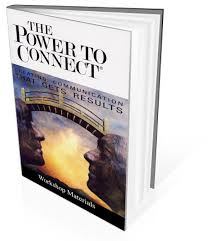
Today our senses are bombarded with more information than at any other time in history. And we have less time to filter and evaluate the information we receive. You are at the center of this tornado, trying to communicate. How can you break through the clutter to deliver your message? The Power to Connect is a no-nonsense, insightful look at human communication that gives you the keys to design and deliver powerful communication that gets results. The Power to Connect is for everyone—whether you’re in marketing, medicine, government, financial services or software.
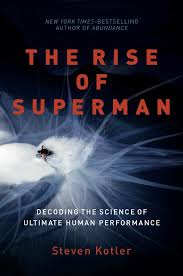
In this groundbreaking book, New York Times–bestselling author Steven Kotler decodes the mystery of ultimate human performance. Drawing on over a decade of research and first-hand reporting with dozens of top action and adventure sports athletes like big wave legend Laird Hamilton, big mountain snowboarder Jeremy Jones, and skateboarding pioneer Danny Way, Kotler explores the frontier science of “flow,” an optimal state of consciousness in which we perform and feel our best.
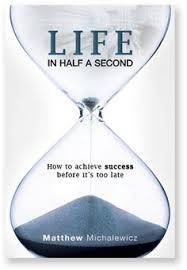
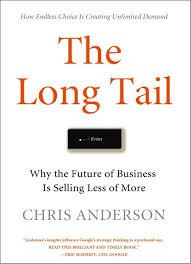
“The Long Tail” is a powerful new force in our economy: the rise of the niche. As the cost of reaching consumers drops dramatically, our markets are shifting from a one-size-fits-all model of mass appeal to one of unlimited variety for unique tastes. From supermarket shelves to advertising agencies, the ability to offer vast choice is changing everything, and causing us to rethink where our markets lie and how to get to them. Unlimited selection is revealing truths about what consumers want and how they want to get it, from DVDs at Netflix to songs on iTunes to advertising on Google.
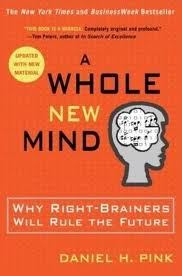
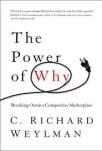


We will soon be able to meet and exceed the basic needs of every man, woman and child on the planet. Abundance for all is within our grasp. This bold, contrarian view, backed up by exhaustive research, introduces our near-term future, where exponentially growing technologies and three other powerful forces are conspiring to better the lives of billions.
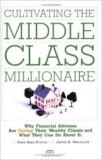
Financial advice for wealthy clients about their financial managers business decisions that affect them.

Why are some people and organizations more innovative, more influential, and more profitable than others? Why do some command greater loyalty? In studying the leaders who’ve had the greatest influence in the world, Simon Sinek discovered that they all think, act, and communicate in the exact same way-and it’s the complete opposite of what everyone else does. People like Martin Luther King Jr., Steve Jobs, and the Wright Brothers might have little in common, but they all started with why.

Three thousand years ago on a battlefield in ancient Palestine, a shepherd boy felled a mighty warrior with nothing more than a stone and a sling, and ever since then the names of David and Goliath have stood for battles between underdogs and giants. David’s victory was improbable and miraculous. He shouldn’t have won. Or should he have?



In this fascinating book, New Yorker business columnist James Surowiecki explores a deceptively simple idea: Large groups of people are smarter than an elite few, no matter how brilliant–better at solving problems, fostering innovation, coming to wise decisions, even predicting the future. With boundless erudition and in delightfully clear prose, Surowiecki ranges across fields as diverse as popular culture, psychology, ant biology, behavioral economics, artificial intelligence, military history, and politics to show how this simple idea offers important lessons for how we live our lives, select our leaders, run our companies, and think about our world.
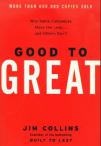

In Small Giants, veteran journalist Bo Burlingham takes us deep inside fourteen remarkable companies that have chosen to march to their own drummer. Burlingham shows how the leaders of these small giants recognized the full range of choices they had about the type of company they could create. And he shows how we can all benefit by questioning the usual definitions of business success.


What Clients Love will help you stand out from the crowd-and sell anything to anyone. From making a pitch to building a brand, from designing a logo to closing a sale, this is a field guide to take with you to the front lines of today’s business battles. Filled with real tales of success and failure, it shows you how to: * Fly a Jefferson Airplane. Everyone knows there’s a Jefferson Monument, but a Jefferson Airplane? A brilliant, attention-grabbing name often includes the unexpected and the absurd. * Strike with a Velvet Sledgehammer. It’s not a hard sell. It’s not exactly soft. Selling well means finding the fine line between modesty and bragging, and driving the message home.


“Capitation” is a financial term used in the health-care field to describe a contract in which doctors and hospitals are paid a fixed amount each month to care for a population of patients. Humorous and realistic, this innovative book applies the same concept to families, showing parents how to teach teens money management by giving them control of the money they would normally spend on them for school, fees, travel, clothing, and entertainment. Here is a step-by-step plan for guiding parents painlessly through the process of teaching their children financial responsibility: teens sign a contract detailing their responsibilities, and within the parameters of this contract, parents agree not to interfere with their fiscal choices.

